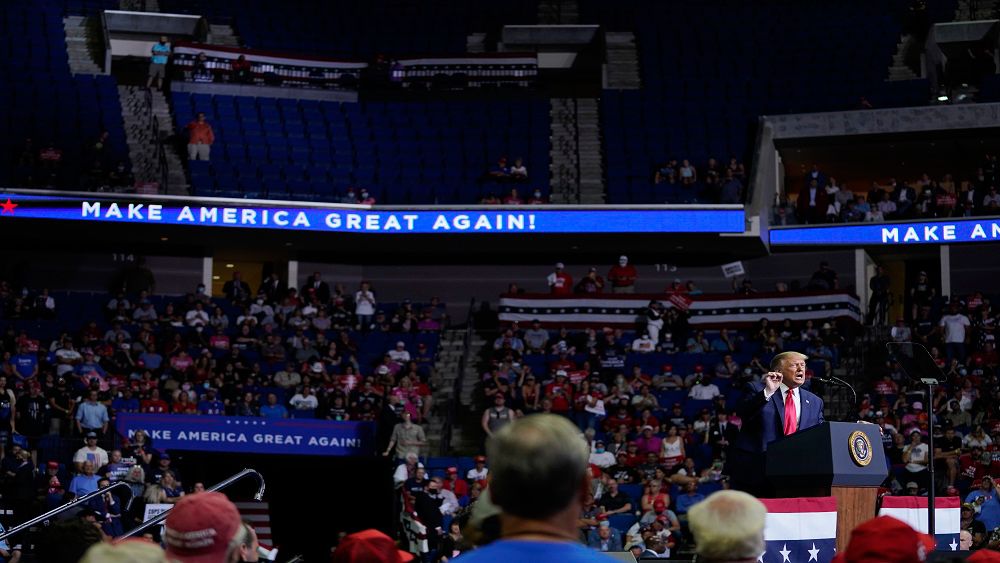LOUISVILLE, Ky. — With the presidential election less than a week away, there's little that Donald Trump and Joe Biden can agree on. But there's at least one thing both candidates know for a fact: neither has any reason to spend time campaigning in Kentucky.
The state, which Trump won by 30% in 2016, has a 99% chance of going for him in 2020, according to elections website FiveThirtyEight. And in Kentucky, as in 47 other states, the candidate who wins the popular vote inside of its borders wins all of its electoral votes.
But what if it didn’t? What if the president wasn't elected by winning individual states but by winning the national popular vote? Would that change what presidential elections look like across the country and inside of the commonwealth?
“Yes — in that presidential candidates would not ignore Kentucky so much” University of Kentucky election law professor Joshua Douglas said in an email.
Douglas said the current structure of the Electoral College incentivizes presidential candidates to focus on the handful of swing states that may be pulled in their direction. That would change under a national popular vote.
“If a candidate is trying to win a plurality nationwide, a candidate would need to secure votes from more places,” Douglas said. That would mean stops in mid-size cities such as Louisville and Lexington.
As it is, Trump and Biden have spent their time in just handful of states. In the eight weeks between August 28 and October 22, 98% of general-election campaign events were held in 12 battleground states, according to data compiled by the non-partisan elections reform group FairVote. Pennsylvania, Florida, North Carolina, and Michigan have led the way, while 35 states and the District of Columbia have not seen a single general election event.
And it’s hard to blame candidates for skipping over states like Kentucky when they’re making travel plans. When resources are finite, why would Trump or Biden stop in a state that has gone for the Republican by an average of 20 points in each of the last five elections?
To change candidate travel plans, the process of choosing the president has to change, said Barry Fadem, president of National Popular Vote. Fadem favors what his organization calls The National Popular Vote Interstate Compact, which is an agreement among states to award their electoral votes to the winner of the national popular vote rather than their own internal popular vote. The compact only goes into effect when enough states have agreed that they can collectively award 270 electoral votes, the total needed to win the presidency.
So far, 15 states and D.C. have signed on, giving the effort a total 196 electoral votes. “We have 74 more to go to get to 270 and we’re extremely hopeful this will be in place by 2024,” Fadem said.
A good way to envision how campaigns would look under a national popular vote is to watch Trump and Biden in places like Pennsylvania and Ohio. “Just take a look at how the campaigns are conducted in battleground states,” Fadem said. “They go everywhere.”
Extrapolating that behavior on to the whole country suggests that, under a national popular vote system, campaigns wouldn’t only visit Louisville and Lexington, but also Eastern and Western Kentucky. “Every voter will be involved in the campaign,” Fadem said.
Kentucky is not one of the 15 states that have opted into The National Popular Vote Interstate Compact, but the idea of a move away from the Electoral College and toward a popular vote enjoys some support in the commonwealth.
Kentucky State Senator Morgan McGarvey endorsed it on KET this month. “I would like to see the presidential candidates run more of a nationwide campaign, appealing to everybody,” the Louisville Democrat said. “One of the things our founders did not anticipate is that you could hop on a plane and be in any state of the country in a matter of hours. We have the ability now to campaign on a national basis and I would like to see more of a national campaign.”



